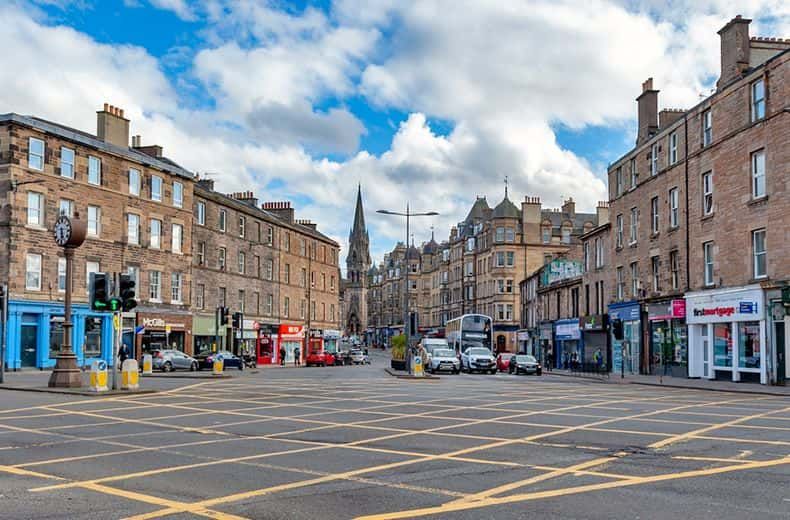In a recent report, the Transport Committee said stretched police forces are unable to effectively enforce traffic laws, and called for powers to be shared with local authorities as soon as possible.
This could see more councils following the lead of Cardiff and London by giving out fines to motorists for so-called ‘moving traffic’ offences, such as stopping in box junctions.
The RAC welcomes the chance for councils to use local knowledge when enforcing traffic law, but warns that local authorities could use fresh powers inconstantly or inappropriately.
Under the Traffic Management Act 2004, local authorities have been able to apply for powers to police parking, bus lane violations and moving traffic offences.
However, outside London and Cardiff very few councils have actually taken up the opportunity.
5 Star Defaqto rated cover
RAC Comprehensive Car Insurance Plus has been given a 5 Star Rating by Defaqto. Get a quote online today.


This latest move could see local authorities in charge of issuing fines to motorists who commit the following offences, among others:
- Stopping in a yellow box junction
- Driving the wrong way down a one-way street
- Failing to give way to oncoming road users
- Driving in cycle lanes
In London, motorists are fined £130 for blocking box junctions. At one junction in Wandsworth, 16,707 penalty charge notices were issued to offenders between 1 April 2017 and 31 March 2018.
Simon Williams, RAC spokesperson, said box junctions are a particularly divisive issue for many drivers, and the move could see a rise in the number of penalty charge notices issued for these offences.
He said: “Many junctions are not set up fairly which leads to drivers having no choice but stop in them, whether due to poor traffic light sequencing, poor design or being used in the wrong place.
“[Drivers] at the front of traffic lights often feel pressured to move on as a result of impatient drivers behind who don't realise they are being prevented from doing so by the presence of yellow lines.”
He also mentioned concerns it could lead to local authorities being inconsistent in their application of road traffic law, or cash-strapped councils using the new powers as a lucrative revenue stream.
Copyright Press Association 2019. Motoring News articles do not reflect the RAC's views unless clearly stated.





